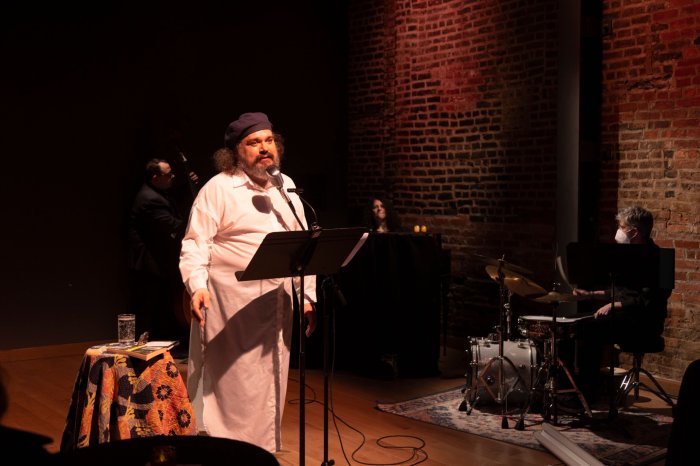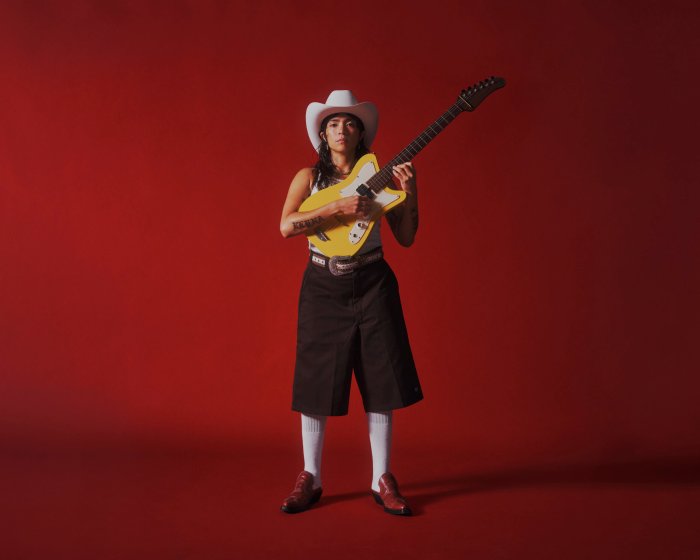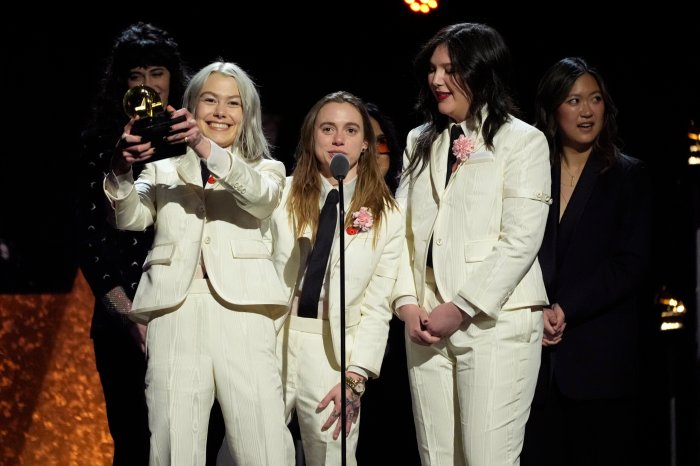Albina Shagimuratova as Queen of the Night in “The Magic Flute”; Brian Mulligan in the title role of “Nixon in China.” | CORY WEAVER
Mid to late June is a great time to visit San Francisco, since the terrific Frameline LGBT Film Festival (at which I have volunteered sporadically since I was a student) draws cinematic entries and crowds from all over the world. There’s nothing like the sprawling and inclusive San Fran Gay Day parade, not to mention the carnivalesque Pink Saturday gathering in the Castro the evening before. And a visit is capped by another festival –– San Francisco Opera’s June season –– that offers three works in repertory every year.
My visit began with the June 12 opening of Verdi ‘s “Attila.” This opera is always an occasion for fun musically, though most of the best moments come early on –– routine compositional solutions culled from Donizetti or Mercadante become more frequent as the Hun’s demise approaches. In San Francisco, we had a fine orchestral framework from Nicola Luisotti –– if not the Verdian summit that New Yorkers briefly experienced from Riccardo Muti’s baton in 2010. Choral director Ian Robertson, celebrating 25 years’ tenure and receiving a medal and warm applause at the evening’s end, had also prepared his forces very well, even if director Gabriele Lavia’s blocking was mainly stand-and-sing at the footlights. The male principals got to place a foot on the prompter’s box.
The show, borrowed from La Scala, proved even messier than Solera and Piave’s libretto –– deliberate anachronism that leapt across centuries had fifth century fur costumes out of “Conan” paired with leather longcoats (a cliché within a cliché), a High Baroque crucifix, and a half-ruined Risorgmento opera house.
Most unforgivably distracting and insulting to the singers, however, were scenes from Douglas Sirk’s high camp 1954 “Sign of the Pagan” projected onstage throughout the entire fourth act. Jack Palance, Jeff Chandler, and Rita Gam’s celluloid images upstaged everybody, even the superb Ferruccio Furlanetto, who at 63 brought big presence, idiomatic authenticity, and his imposing, only occasionally growly large-format bass to the conqueror’s role.
The evening’s other great deed was Quinn Kelsey’s Ezio, superb in clarity, line, and genuine Verdian sound. How long until the Met offers the Hawaiian baritone worthy assignments?
The other leads, both local debutants, evoked more reservations. Lucrezia Garcia tackled Odabella bravely but it sounded risky. She is vocally gifted but not quite up to the rigors of this insane part –– nor dramatically “demented” enough, in the manner of Marisa Galvany or the late Elizabeth Connell, to go beyond stolid placidity. The Venezuelan soprano should be handling Luisa Miller or Alice Ford. One feels badly that so many young singers go astray trying to establish themselves these days.
A worse case was Mexico’s Diego Torre (Foresto), yet another tenor who has taken “spinto” (“pushed”) too literally. This music needs elegance (sample Carlo Bergonzi’s studio recording or tapes of Veriano Luchetti or Ramon Vargas). But here, tight, dry, legato-free tone production yielded hard shell high notes and pitch uncertainty, unfortunate evidence of a singer in clear trouble, with no compensatory interpretive insight.
The next night’s new production premiere of “The Magic Flute” owed its overall success to the fantastic, colorful but never overwhelming set and costume designs of Jun Kaneko, with a palette of children’s book shades, video-fueled elasticity, and fantastic formal imagination. The physical production will travel to Washington and elsewhere and is visually highly memorable. Harry Silverstein’s direction worked to remove some of the work’s misogynist stain, but too often descended into Vegas shtick or deployed awkward, ill-timed props.
It was reasonable to stage the work in English. But the dialogue and low-doggerel lyrics, cobbled together from hoary old translations –– invoking the likes of “woe” and “mirth” –– plus infusions of lamely unfunny would-be contemporary references, proved largely disastrous. Too bad the cast showed such fine diction!
Pride of place goes to Albina Shagimuratova, whose Queen of the Night was just sensational. By contrast, Heidi Stober, though phrasing competently, lacked either the purity of sound or the tonal expansiveness that can make a Pamina special. She sounded like a Papagena with dreams. The actual Papagena, Nadine Sierra, sounded fine but was pertly “School of Danielle de Niese” dramatically.
Alek Shrader, announced with a cold, showed what an accomplished and fine-grained tenor he is. His Tamino suggested a career path like Charles Castronovo –– musicality, projection, linguistic ability, stagecraft, and handsomeness compensating for an essentially very light basic sound. Kristinn Sigmundsson (Sarastro) sounded more obviously becolded, with his lower voice scratchy and occluded. Nathan Gunn remains a winning, agile Papageno.
Along with Shagimuratova, the most vocal impact came from David Pittsinger’s well-delivered Speaker. His initial scene with Tamino was the rare time when debuting Scottish conductor Rory Macdonald –– technically accomplished and obviously fond of subtle orchestral and vocal embellishments –– relaxed his rather “upbeat” pacing, allowing for some profundity and contrast.
SFO’s first staging of John Adams’ 1987 “Nixon in China” was generally also a success. Michael Cavanagh’s staging and Erhard Rom’ set –– both very good if somewhat overly busy –– came from Vancouver Opera. Again, the final act, meant to be comparatively contemplative, suffered from far too many video effects. Brian Mulligan (Nixon) offered superb baritone singing and the most committed character portrayal I have seen from him.
Four principals joined SFO for this run. Maria Kanyova (Pat Nixon) proved excellent vocally and very touching, with a far more distinctive and impressive soprano than the Anglophile Met offered in Janis Kelly. As Chou En-lai, Chen-Ye Yuan looks noble and gives the emotionally central role its philosophical dimension. Starting rather hoarse and strained, the Chinese baritone was singing mellowly by the end.
Simon O’Neill fared splendidly as Mao, with a tireless dramatic tenor and absolute clarity of diction. The highly accomplished Hye Jung Lee also exceeded her Met rival as Chiang Ch’ing, whose lunatic coloratura intensity usually manages to steal the show. Patrick Carfizzi amused as Kissinger (the plot’s clown) but had little chance to show his fine voice.
Conductor Lawrence Renes occasionally overwhelmed the choral words, but the orchestral playing remained at a commendably high level. An initially wary audience seemed won over at final curtain.
David Shengold (shengold@yahoo.com) writes about opera for many venues.


































